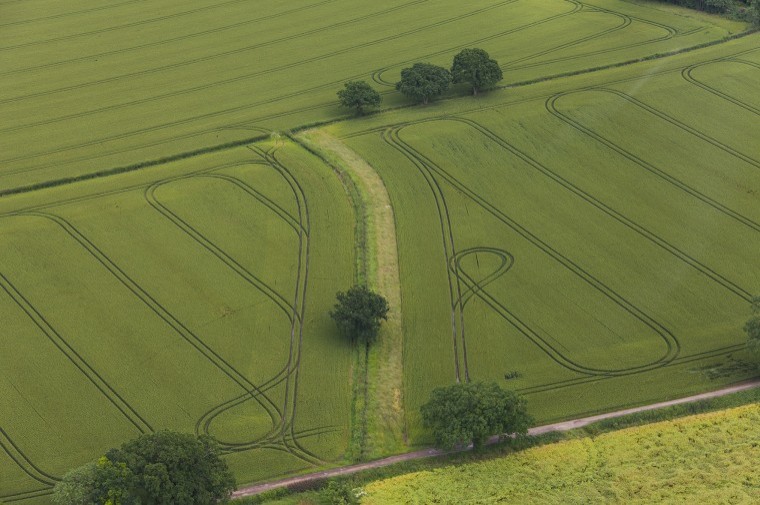Researchers at the University of Surrey and University of Queensland say they have produced a non toxic, degradable spray which is capable of disabling specific genes in plants. BioClay spray protects plants from disease causing pathogens without altering their DNA.
The breakthrough research, published in the journal Nature Plants, could have big benefits for agriculture and help communities around the world. Plant pests and pathogens are estimated to reduce global crop yields by 30 to 40% a year, constraining global food security. At the same time, the need for higher production, regulatory demands, pesticide resistance, and concern about global warming driving the spread of disease all mean there is a growing need for new approaches to crop protection.
The researchers have found that by combining clay nanoparticles with pathogen specific, double stranded ribonucleic acid (RNA), it is possible to silence certain genes within plants. BioClay has been shown to give plants virus protection for at least 20 days following a single application. When sprayed with BioClay, the plant responds as if it is being attacked by a disease or pest insect and protects itself.
The latest research overcomes the instability of “naked” RNAs sprayed on plants, which has previously prevented them from being used effectively for virus protection. By loading the agents on to clay nanoparticles, they do not wash off, enabling them to be released for longer before degrading.
In trials, the researchers were able to protect a crop of tobacco from invading diseases for up to 20 days using the BioClay spray. The team also trialled the spray on cowpeas and capsicums, and think it could also work for cotton and a range of other crops. Chemical companies and researchers around the world, including Monsanto, are in a race to develop and commercialise similar technology.
However the BioClay team is the first to produce long lasting results and to have the findings published. They hope to have a commercial product on the shelves in three to five years.
The BioClay technology, which is based on nanoparticles used in the development of human drug treatments, is said to have a number of advantages over existing chemical based pesticides. Since BioClay is non toxic and degradable, there is less risk to the environment and human health. It can also be used in a targeted way to protect crops against specific pathogens.
Professor G.Q. Max Lu, president and vice chancellor of Surrey University and co author of the research paper, said: “This is one of the best examples of nanoparticles being effective for biological molecular delivery with a controlled release rate for combating diseases in plants or animals. The same nanoparticle technology invented and patented in my laboratory at the University of Queensland was used for effective targeted drug delivery. It was licensed to an Oxfordbased pharmaceutical company and is now being commercialised for drug development.”




